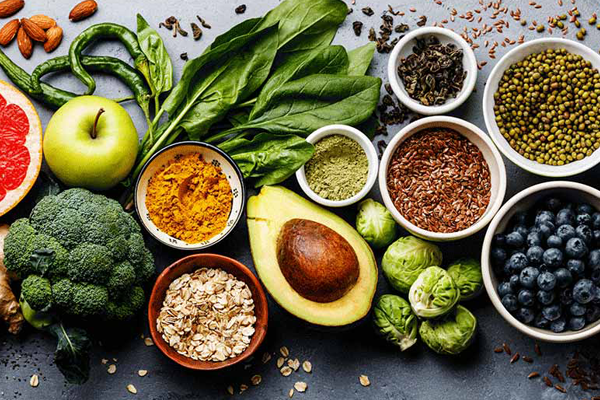Nutrition is the cornerstone of our overall health and well-being. What we eat directly impacts our physical and mental health, energy levels, and longevity. In this “Nutrition 101” guide, we’ll explore the fundamentals of balanced and healthy eating to help you make informed dietary choices that promote a healthier lifestyle.
The Importance of a Balanced Diet
A balanced diet includes a variety of foods from all food groups to provide the essential nutrients our bodies need. These include carbohydrates, proteins, fats, vitamins, minerals, and water. Each nutrient plays a unique role in maintaining good health.
Carbohydrates
Carbohydrates are the body’s primary energy source. Choose complex carbohydrates like whole grains, fruits, and vegetables over simple sugars. They provide sustained energy and essential fiber.
Proteins
Proteins are the building blocks of our body, crucial for growth, repair, and overall function. Sources of lean protein include poultry, fish, beans, and nuts.
Fats
Healthy fats are necessary for proper bodily functions. Avocado, nuts, seeds, and olive oil are excellent sources. Limit saturated and trans fats found in fried and processed foods.
Fruits and Vegetables
Fruits and vegetables are rich in vitamins, minerals, and antioxidants. Aim to fill half your plate with these colorful, nutrient-dense foods.
Portion Control
Controlling portion sizes is essential to prevent overeating. Listen to your body’s hunger and fullness cues to avoid consuming more calories than you need.
Hydration
Staying hydrated is vital for overall health. Aim to drink enough water daily. Herbal teas, unsweetened beverages, and consuming water-rich foods are good options.
Limit Added Sugars
Added sugars in soda, candy, and processed foods contribute to weight gain and health issues. Opt for natural sources of sweetness, like fruit.
Salt Intake
High salt intake can lead to high blood pressure. Reduce your salt consumption and flavor your food with herbs and spices instead.
Dietary Fiber
Fiber aids in digestion, lowers cholesterol, and helps maintain healthy body weight. Whole grains, legumes, fruits, and vegetables are excellent sources.
Meal Planning
Planning meals ahead of time can help you make healthier choices and reduce the temptation of fast food or unhealthy snacks.
Mindful Eating
Pay attention to your food and savor every bite. This mindful approach to eating can help prevent overeating and promote enjoyment of your meals.
Nutrient Timing
Eating a balanced meal at regular intervals can help maintain energy levels throughout the day and prevent overindulgence.
Limit Processed Foods
Processed foods often contain high levels of salt, sugar, and unhealthy fats. Minimize your consumption of processed and fast foods.
Moderation, Not Deprivation
A healthy diet doesn’t mean giving up your favorite treats. It’s about enjoying them in moderation and making healthier choices most of the time.
In conclusion, a balanced and healthy diet is the foundation of a healthier and more energetic life. By understanding the fundamentals of nutrition and making informed food choices, you can promote your overall well-being and enjoy the benefits of a long and healthy life. Nutritional knowledge and mindful eating are powerful tools for achieving your health and wellness goals.


